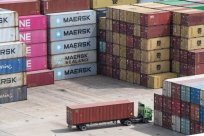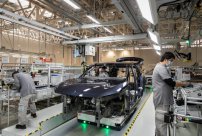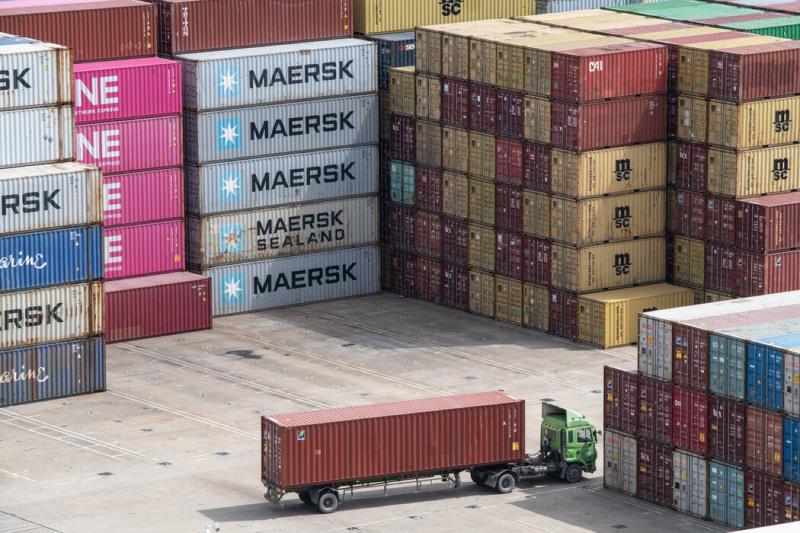
For more than half a century, concerns about the shortage of oil or climate have been destroyed, which has prompted government governments to invest in alternative energy.
President Carter installed solar panels on the White House roof in the 1970s as a symbol of his commitment to develop solar energy.Japan provided pioneering subsidies for the installation of photovoltaic panels for homeowners in the 1990s.In the first decade of Germany, Germany opened an innovative project to ensure that consumers using solar systems can sell their electricity they do not need and make profits.
But no country has reached the scale and intensity of China's support for alternative energy.This shows that according to production data: According to international energy institutions, China accounted for 85%of the global clean energy manufacturing investment in 2022.
Now, the United States, Europe, and other wealthy countries are trying to catch up desperately.These countries hope to correct their previous mistakes in industrial policies and learn from China's successful experience. They are providing huge subsidies for local enterprises, and at the same time try to prevent competitive Chinese products from entering the country's market.They have made a little progress: data from international energy institutions show that China has a decrease of 75%in the investment of new clean energy factories worldwide last year.
But the problem for the West is that it has supported China's industry's dominance for decades. It has always been able to mobilize all resources of the government and banks, while encouraging competition among private enterprises.
The production of China's unparalleled solar cell boards and electric vehicles is based on the support of the early national industries such as chemical industry, steel, battery and electronics, as well as a large amount of investment in railway, ports and highways.
According to an analysis from the Center for Strategy and International Research, from 2017 to 2019, China ’s funds used to support industries accounted for 1.7%of the GDP, more than twice as much as other countries.
These low -interest loans provided by state -owned banks and cheap land provided by the provincial level are almost expected to be profitable.
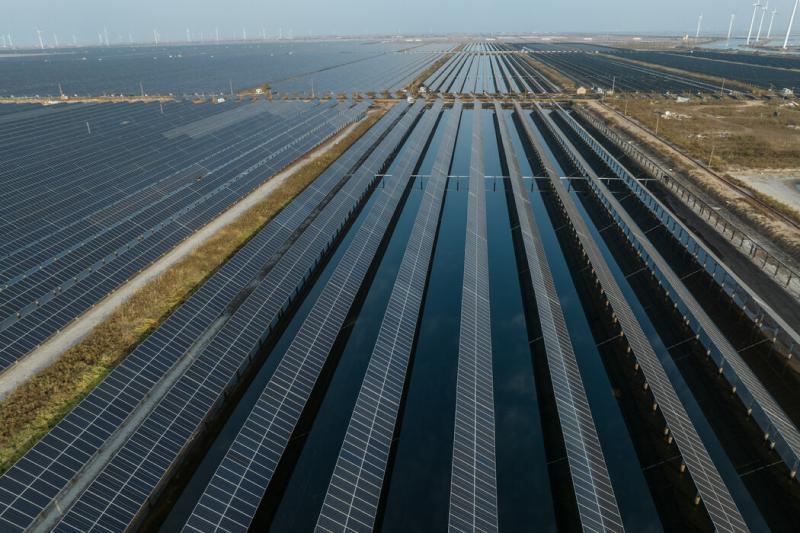
All these factors are combined to help China have today's status, allowing it to sell low -cost electric vehicles, solar panels and lithium batteries to a large number of competitors. At the same time, consumers living in these rich countriesIt is now increasingly turning to green technology.
For example, China now controls the production of more than 80%of the global solar panel manufacturing.
"To make a big economy like China," Graigari Nedmeter, a professor at the School of Public Policy at the University of Public Policy at Wisconsin, said he studied the global solar industry.
Biden and the leaders of European countries have made up their minds to develop its own manufacturing capabilities in advanced technology areas such as semiconductors, electric vehicles and batteries, and partly uses the same supporting industries.
China's success in leading the global key manufacturing industry shows the possibility and strength of national industrial policies. Jennifer Harris, who was the assistant to Biden, said that she is now William and Flora Hulitt FoundationThe person in charge of the economy and social initiative.
"Will this cause waste? Absolutely," she said."Is it successful? Absolutely."
Biden and the heads of European governments are more willing to criticize these behaviors, dumping low -cost products from other countries.
China has denied that it violates the rules of trade, saying that the huge industrial capacity of the country is a symbol of success.It means that China has enriched the supply of global commodity, relieves global inflation pressure, and has contributed to the world's response to climate change.
Biden said this month that he will levy a maximum of 100%import tariffs on Chinese green technology, including electric vehicles, in order to prevent China from further entering the US market.
It is expected that European officials will also increase tariffs on China in the near future, although some economists and environmentalists warn that these measures will slow down the process of cleaning energy targets.
The practice of Western acceptance industrial policies is running counter to the open market that the United States and its allies have previously advocated and the minimum government intervention.
The policy launched after the energy crisis of the United States in the 1970s was mostly abolished after Ronald Reagan was elected president in 1980.Even the solar panels installed in the White House during the administration of Carter had been demolished.
In addition to some industries related to national security, the views that the United States once adopted is that the market that is not restricted is always the most aware of the situation.
"If the end is that it has to rely on other countries to obtain key parts, it doesn't matter," said Brad Siczdight, a senior researcher at the US Foreign Relations Commission.
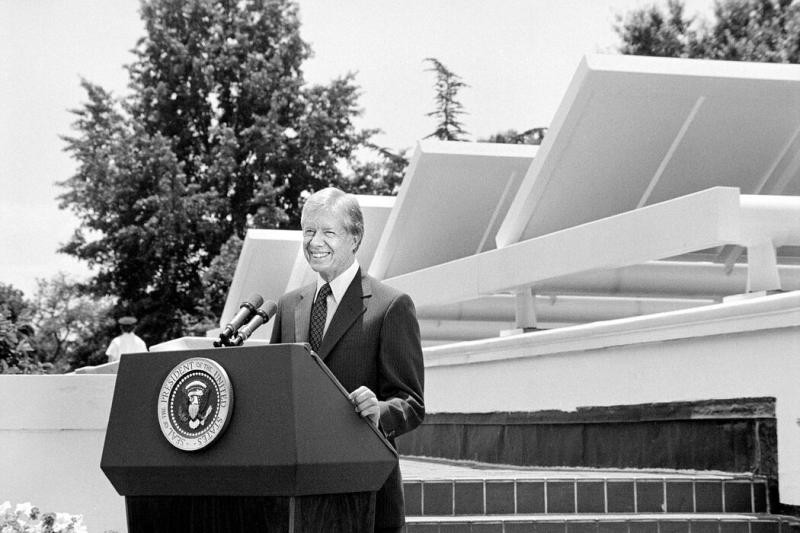
The economist of Columbia University Joseph Stiglitz believes that the United States has long lacked a wider range of industrial policies and coordination strategies for a long time.
"Even Democrats dare not let the government play a more active role," he said. "I think this is obviously a major mistake with long -term consequences."
From the perspective of some Chinese economists, the complaint between the United States and Europe's unfair competition in China is a manifestation of the failure of the country.
"The decision to pursue the new liberal economic policy in the West is a strategic error, which has led to the industrialization of their economy and provides opportunities for China," said Zheng Yongnian, a professor at the Chinese University of Hong Kong.
No matter what mistakes have made, the political leaders of the United States said that they have made up their minds not to repeat the same mistakes.
According to international energy agencies, last year, the United States and the European Union achieved "major progress" in the field of clean energy technology.
Bynden government ’s billions of dollars is one of the most extensive examples of industrial policies in the United States in history.
Bynden's increase in tariffs is the upgrade of the United States' targeted trade offensive in China. The practice of levy tariffs began at former President Trump.Trump imposed tariffs on goods imported from China more than 350 billion US dollars in imports from China each year, causing the Chinese government to levy retaliatory tariffs on American goods.Biden retained the previous tariffs and levied or raised tariffs on clean energy products. It also set up new barriers for trade in China, including not allowing China to obtain advanced semiconductors from the United States.
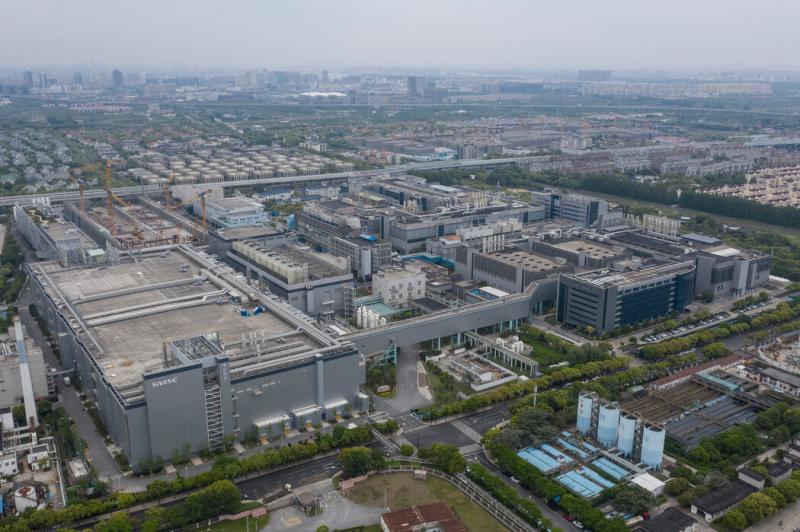
Biden's trade agenda is "very and very aggressive", David Otal, economist at MIT, said that he has deeply studied the impact of trade on China on the US economy, including factory employment positionsLoss.
In his opinion, Biden's trade strategy has a key difference from China, although both countries are seeking a leading position in clean energy competition.
Ortor said that China pays more attention to sending low -cost exports to the global market while preventing foreign companies from dominating China's domestic market. This directly plays the rise of local industries.
He said that Biden pays more attention to preventing Chinese export products from entering the United States, while preventing China from obtaining certain key American technology, such as advanced semiconductors.
At the Treasury Secretary of the Seventh -way Group in Italy last week, the leaders from both sides of the Atlantic warned that if the United States and European countries hope to catch up with China in the competition of leading key industries, they must coordinate their protection ownersRighteousness and subsidy policy.
"Excess capacity threatens the survivability of enterprises around the world, including companies in emerging markets," US Treasury Secretary Yellen said on Thursday.
"What is important is," she added, "We have to build a clear united front with more and more countries that have already realized this problem."


